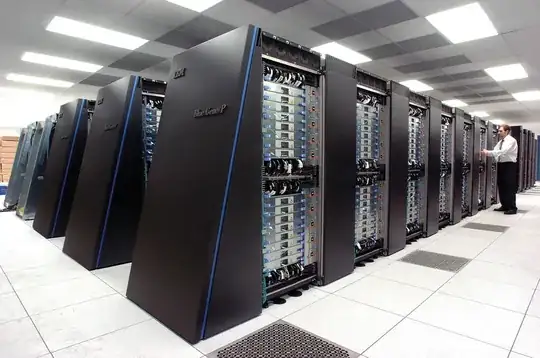The study of complex environments is "Systems Thinking". This is a relatively new field which looks at the interactions of the entire system rather than breaking systems into individual parts and studying each part.
There are a lot of different interpretations of Systems Thinking, but since you are specifically looking at human systems of politics, economics and sociology, then the best fit might be "soft systems methodology". This is a sub branch of Systems Thinking methodology, developed in England by the University of Lancaster.
The process requires a lot of work (you are studying a complex system, after all), but here is a breakdown of the process via Wilkipedia:
7-stage representation of SSM:
- Enter situation considered problematical
- Express the problem situation
- Formulate root definitions of relevant systems of purposeful activity
- Build conceptual models of the systems named in the root definitions
- Comparing models with real world situations
- Define possible changes which are both possible and feasible
- Take action to improve the problem situation
Step 2 itself can also be refined by using a methodology known as CATWOE
There are six elements of CATWOE
- Customers - Who are the beneficiaries of the highest level business process and how does the issue affect them?
- Actors - Who is involved in the situation, who will be involved in implementing solutions and what will impact their success?
- Transformation Process - What is the transformation that lies at the heart of the system - transforming grapes into wine, transforming unsold goods into sold goods, transforming a societal need into a societal need met?
- World View - What is the big picture and what are the wider impacts of the issue?
- Owner - Who owns the process or situation being investigated and what role will they play in the solution?
- Environmental Constraints - What are the constraints and limitations that will impact the solution and its success?
So what you want to study specifically will require a vast setup process, and detailed definition of the various starting points and factors (CATWOE and other background investigations). You will also require lots of information and perhaps a team of specialists in each of the sub disciplines of the system you want to study. Even though Systems Thinking is about relationships between elements, you still need to understand the elements that make up the system as well.
I should point out that several of the elements that you describe, such as political systems, culture and ecology, are themselves complex systems, so you have a pretty huge task ahead of you. Good luck!
